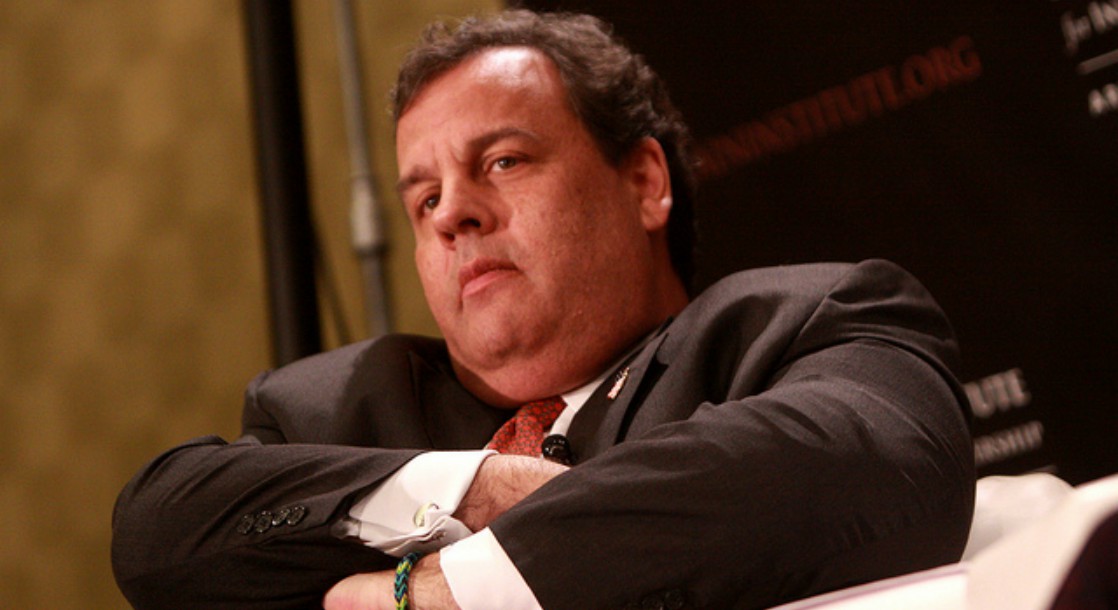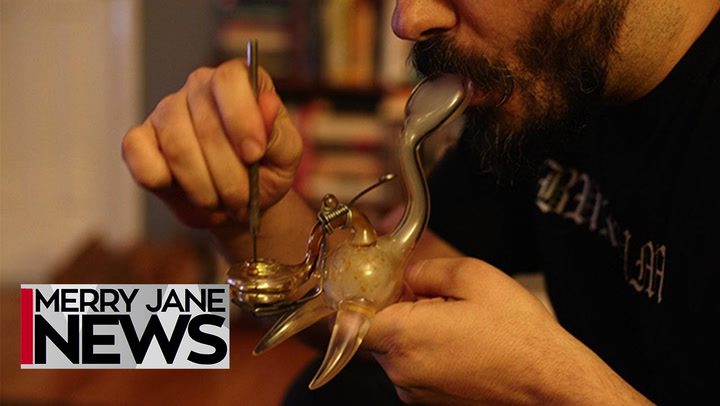Lead photo via Flickr user Gage Skidmore
National cannabis advocacy group Americans for Safe Access (ASA) has filed two Freedom of Information Act requests in an effort to find out exactly how much information and discussion Donald Trump’s Commission on Combating Drug Addiction and the Opioid Crisis had about medical cannabis before they dismissed the all-natural medicine as an ineffective treatment and substitute for opioids.
At the beginning of November, the President’s Opioid Commission — chaired by New Jesery Gov. Chris Christie — released their final recommendations to Trump on how to best combat the deadly addiction crisis. In their report, the group suggests funneling more federal funds to addiction treatment, disseminating anti-overdose drugs to first responders across the country, and creating tougher prison sentences for people caught with the synthetic opioid fentanyl.
In line with Christie’s own political track record, the Opioid Commission chose to disregard heaps of data indicating that medical marijuana has been strong tool in the fight against opioid addiction, and instead chose to cite only one cannabis-related study, “Cannabis Use and Risk of Prescription Opioid Use Disorder in the United States,” a research paper published in the American Journal of Psychiatry that uses data from the early 2000’s — before any state had legalized recreational marijuana, and claims cannabis use is associated with an increase in opioid use.
Now the ASA — armed with their own data, a slew of scholarly studies supporting medical marijuana’s place in the fight against addiction, and requests to the government for any and all backroom Opioid Commission info — is hoping to prove that the commission acted with bias, knowingly ignoring access to legal cannabis as a viable recommendation.
In their Freedom of Information Act requests, ASA is seeking any “communications about medical cannabis generally as well as any information or communications that led to the drafting, development, or decision making process” that lead to the report citing only a singular anti-cannabis study in relation to medical marijuana’s role in combating opioid addiction.
“Trump’s Opioid Commission presented grossly misleading information in its final report, excluding proven strategies to reduce opioid deaths like medical cannabis,” said Steph Sherer, Executive Director of Americans for Safe Access. “The timing of the only study they cite is suspect, as they did not use the best available science about medical cannabis. The practice of ignoring important clinical research, mirrors the data that was ignored in the 1990’s and early 2000’s on cannabis and chronic pain, when opioid prescribing multiplied across health care settings and led to the current epidemic of abuse, misuse, and addiction. Utilizing an alternative to opioids to treat chronic pain, such as medical cannabis, is a logical and proven strategy that must be used in a national strategy. Americans concerned about opioid addiction need to know how and why the Commission used this marginal study to ignore this proven alternative that can curb opioid deaths.”
In their own report responding to the national opioid crisis last year, “Medical Cannabis Access for Pain Treatment, A Viable Strategy to Address the Opioid Crisis” the ASA cites data indicating fewer pain pill prescriptions in states with access to medical cannabis, and recommends that all states with medical marijuana programs include “chronic pain” as a qualifying condition in a direct effort to divert opioid use.
If and when the ASA is given the information they requested, the advocacy group hopes to expose Christie and the Opioid Commission for their selective reading of medical marijuana studies and a move that could put more Americans in harm’s way.
Of course, even if the Opioid Commision had included expanding access to legal cannabis in their recommendations, there’s a good chance that President Trump still would have ignored the common sense logic, as he chose to do with the Commission’s strong suggestion to free up additional funding for the addiction crisis under the National Emergencies Act. Instead, Trump regurgitated Nancy Reagan’s “Just Say No” campaign and declared a public health emergency, a designation that comes with far less financial dedication.
According to the ASA’s Freedom of Information Act requests, they expect to have the “documents, communications, (including but not limited to emails, social media, and SMS or other text messages), meeting minutes, recommendations, memoranda, policies, or actions” that they’re seeking sometime within the next 20 business days. If Sherer and her co-workers aren’t granted their request by then, their letter relays that they have every intention of filing an administrative appeal.
(h/t MJINews)











